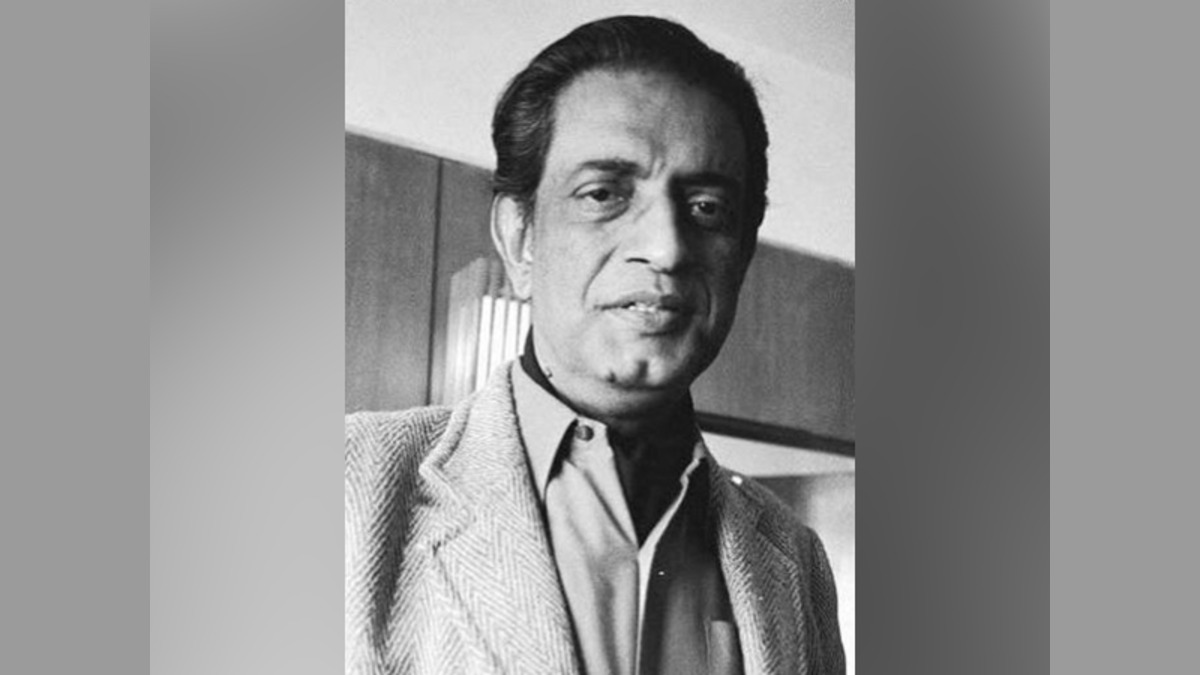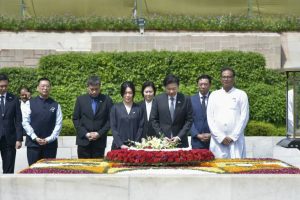The Government of India has expressed deep regret over reports of the demolition of legendary filmmaker Satyajit Ray’s ancestral home in Mymensingh, Bangladesh, and has offered to cooperate with Bangladesh in restoring the property.
In a statement issued on Tuesday, the Ministry of External Affairs noted, “We note with profound regret that the ancestral property of noted filmmaker and litterateur Satyajit Ray in Mymensingh, Bangladesh, belonging to his grandfather and eminent writer Upendra Kishor Ray Chowdhury, is being demolished.”
The Indian government emphasized the cultural and historical value of the property and expressed its willingness to support efforts for its repair and reconstruction.
“The Government of India is willing to cooperate with the Government of Bangladesh for the repair and reconstruction of the ancestral property of Satyajit Ray,” the statement read.
Highlighting the deteriorating condition of the building, which is currently under the ownership of the Bangladeshi government, India urged authorities to reconsider the demolition.
“Given the building’s landmark status, symbolising the Bangla cultural renaissance, it would be preferable to examine alternatives for repair and reconstruction—possibly as a museum of literature and a symbol of the shared cultural heritage of India and Bangladesh,” the ministry stated.
Satyajit Ray, born on May 2, 1921, in Kolkata, is celebrated globally for his pioneering work in cinema. His masterpieces include The Apu Trilogy, Pather Panchali, Charulata, and Shatranj Ke Khiladi. Beyond filmmaking, Ray was a multifaceted artist—an author, screenwriter, illustrator, editor, and composer.
Throughout his career, Ray received numerous accolades, including 32 National Film Awards, international honours, an Academy Honorary Award in 1992, and India’s highest civilian award, the Bharat Ratna, in the same year.





